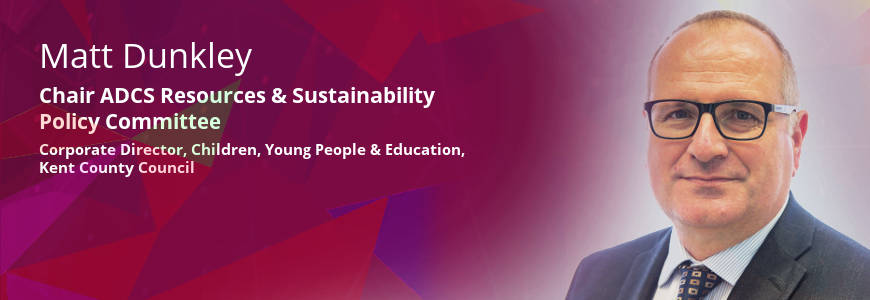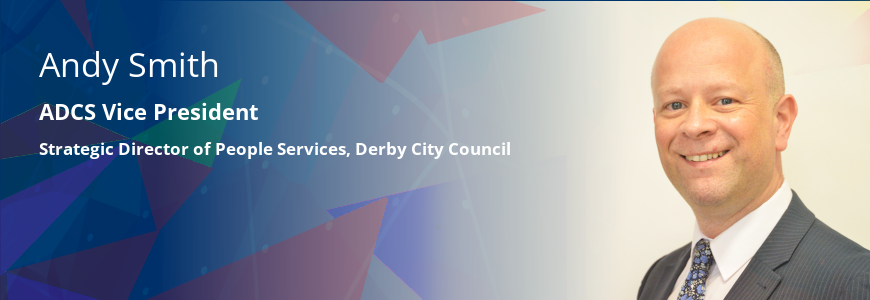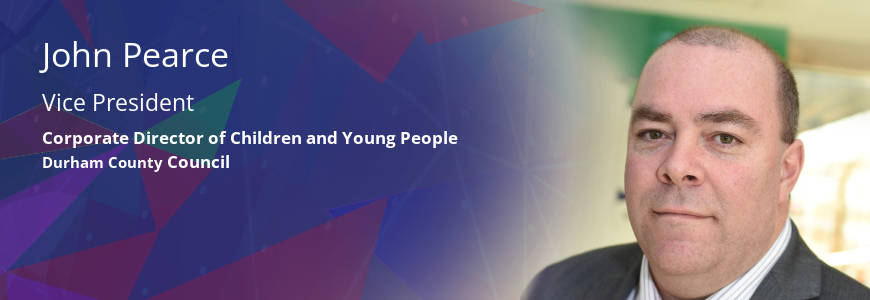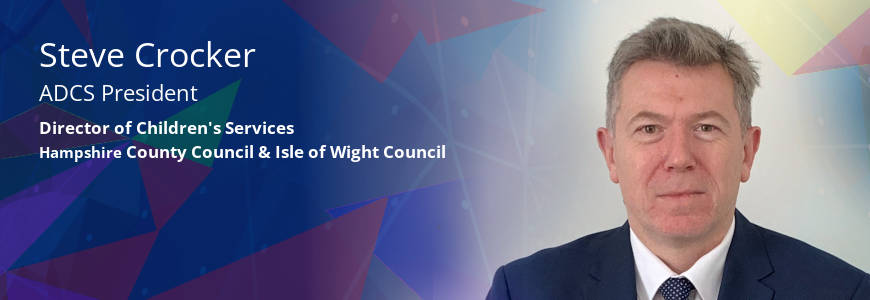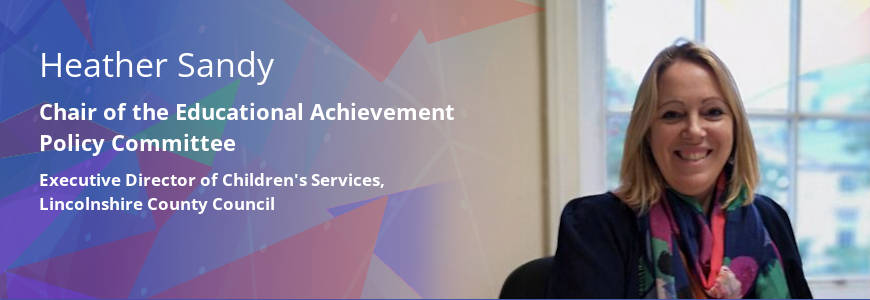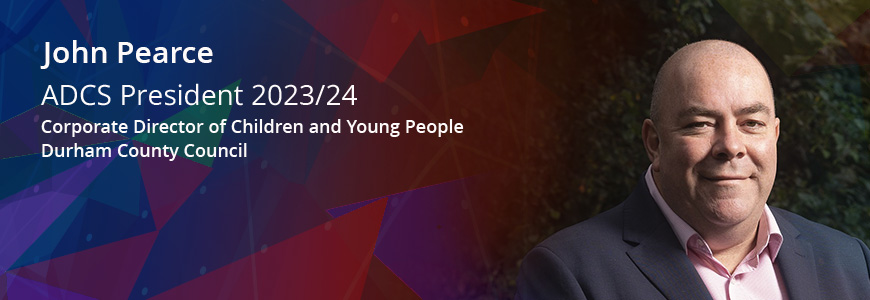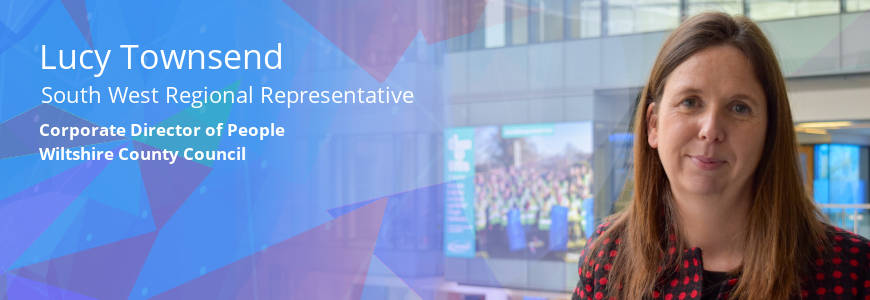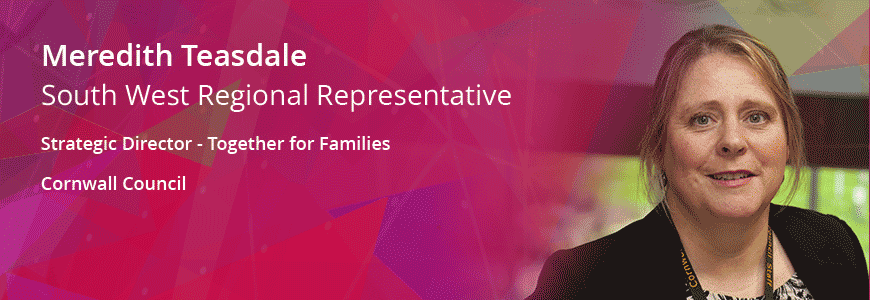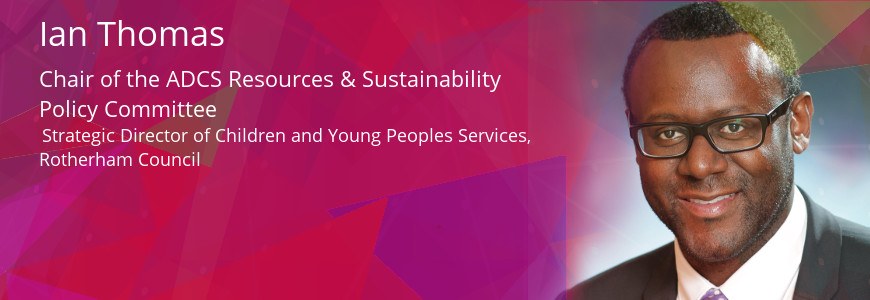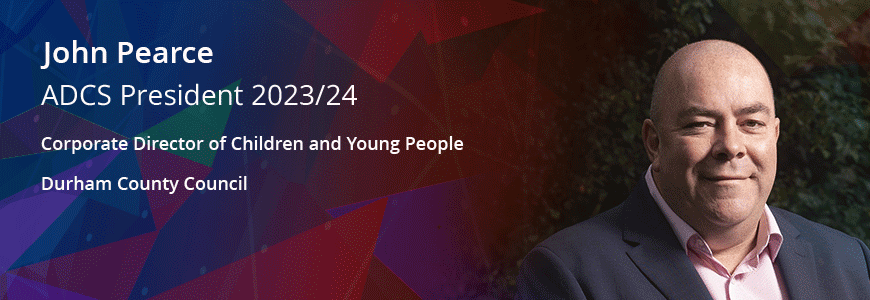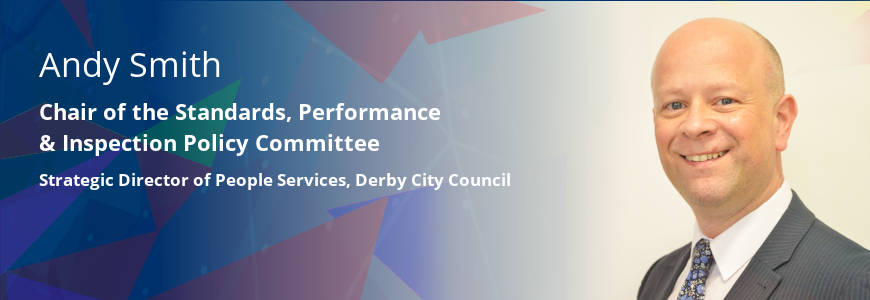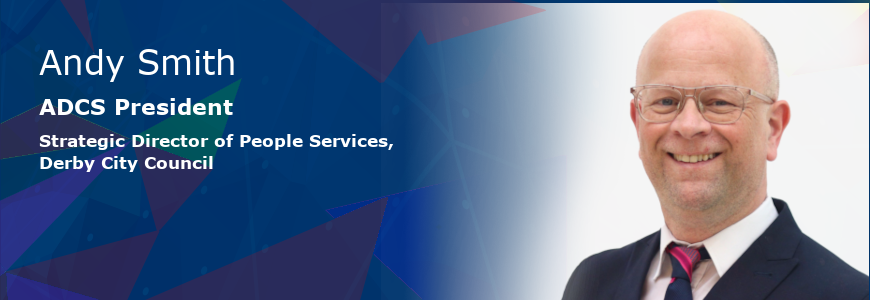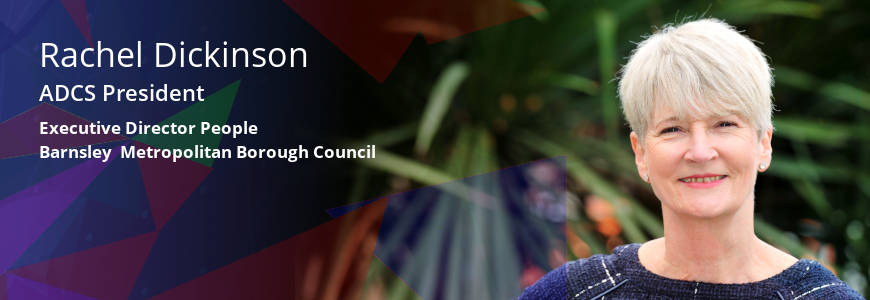Reshaping Services
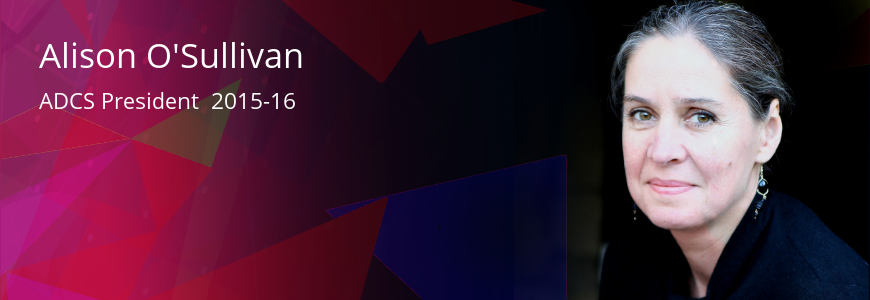
Last week I caught the bus home to Bradford from my office which is based in Huddersfield.
It quickly became obvious that a young woman with learning disabilities, who was sat in front of me, had got on the wrong bus.
She was clearly worried and was talking to herself about what she should do as she started texting on her mobile phone. I’m sure you have been in a similar situation where you ask yourself whether you should intervene and try and help, or wait a little longer to see how they get on. She seemed okay so I held back.
After a few minutes it became clear that she was in contact with her mum and then they spoke on the phone. She should have been on a bus going in the opposite direction and as this was a limited stop bus her first opportunity to get off wasn’t for a while. By the time we arrived in Brighouse (about four miles from Huddersfield) she had agreed a plan of action with her mum - she would get off at the next stop and catch another bus back to Huddersfield city centre and start her journey again.
As we arrived in Brighouse she got off the bus fairly confidently and hopefully things turned out okay.
The point of telling this story is that it really resonates with the work we are doing in Kirklees looking at how we promote independence for people of all ages with a disability.
We’ve taken a fairly radical look at how all of our council services engage with early intervention and prevention and as part of that we are moving towards the creation of an all age approach to support for people with a disability.
For many years we have been told by parents, carers, children and adults with a disability that joined up services across all ages would help to ensure consistency, clarity and ultimately better quality services and support for disabled people living in Kirklees.
The aim of the work is to reshape teams that work with children and adults living with a disability so that we can provide an all age disability service – one that maximises the independence of children and young people in preparation for adult life in the local area.
At the heart of this approach is promoting independence and individual resilience as well as building community awareness, capacity and support.
By bringing together the commissioning and provision of these services across all ages, with the overriding driver of promoting independence, we know that we will be challenging some well-established ways of doing things.
And we know this will create anxiety for some parents and carers so we need to make sure we clearly communicate and engage with people on this important journey of change. Not only for people who use services or for their parents and carers but for our staff and partners too!
What I encountered on the bus is just one example of many situations that can arise if parents are prepared to take the risk for young people with a disability learning to become more independent. Letting go in a controlled and measured way isn’t easy as you don’t want to expose them to risk.
So I take my hat off to the family of the young woman on the bus who were supporting her to be independent and dealing with the risks associated with that. As a mum myself I expect her mother was secretly relieved to have her safely home!
Looking at what we do through the lens of promoting maximum independence will challenge many of our professional assumptions. And it will mean that the approach we take to developing independence in our special schools, through our respite arrangements and through the way in which we set out to meet the educational, health and care needs of young people with a disability will have to change.
But I’m convinced that if we do change our mind set we can help young people achieve far more than their families have dreamed of and fully maximise their independence as they move into adulthood. And we’re not hiding the fact that this is also about reducing dependency in order to save on the future costs of the packages of care and support. But if we get this right this can be a win-win situation which can lead to better outcomes for children, young people and adults and make more effective use of public money in the long term. It could really enable people to live life to the full!
Related Blog Articles
In the week that “Freedom Day” was delayed for a month, almost as if it were...
In Safeguarding & Child Protection
Next month, the Chancellor will deliver his Autumn Statement, outlining...
In Funding
Happy New Year to all and hope you had a good holiday period. Let’s hope this...
In General
By the time that you read this, the machinery of ADCS will have worked its magic...
In General
As I write this blog, we are in the final days of the various general election...
In General
As Lincolnshire has been selected as one of the authorities to receive a joint...
In Education
We are coming to that time of year when letters to Father Christmas have been...
In General
In preparing for this blog, I re-read Charlotte Ramsden’s final blog as ADCS...
In General
The period since Christmas has been an interesting one for us in Cornwall. On 23...
In Inspection & Improvement
The fall out following the announcement of a new national funding formula (NFF)...
In Funding
I am pleased and proud to continue to chair the ADCS Health, Care & Additional...
In SEN & Disability
As we move into spring it’s a time of change and I have the privilege of...
In General
It’s Wednesday lunchtime as I sit here and write this blog – it’s not just...
In Funding
It only feels like a few weeks ago when I was writing my first blog as ADCS Vice...
In General
Next week, the Chancellor, Sajid Javid, will announce spending plans for public...

